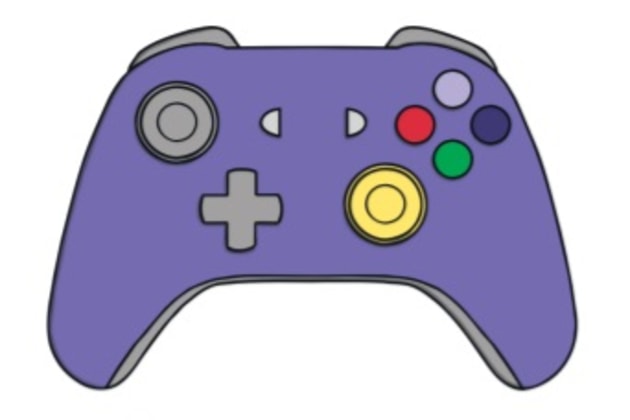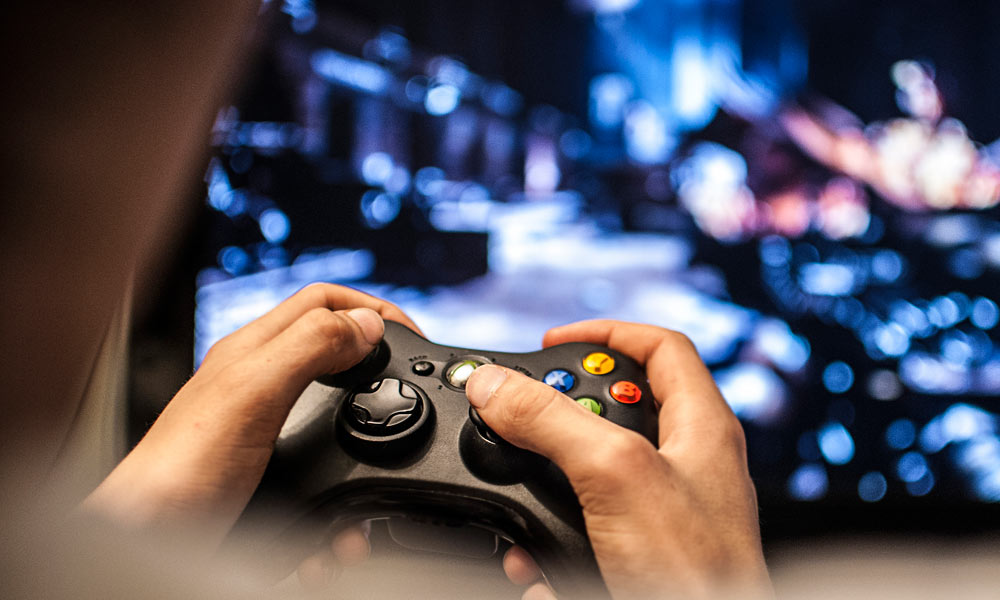In today’s fast-paced, competitive work environment, teamwork and collaboration are essential skills for success. While traditional team-building activities like trust falls and group outings can be effective, they often feel forced or awkward. However, there’s a more engaging and interactive way to build teamwork and collaboration: games. From board games to video games, playing together can bring people closer, improve communication, and boost productivity.
Breaking the Ice: How Games Encourage Communication
Games have a unique ability to break down social barriers and encourage communication among team members. When people play together, they’re more likely to relax and be themselves, which helps to build trust and rapport. Board games like Codenames or Taboo, for example, require players to work together to achieve a common goal, promoting active listening and clear communication. Video games like 온라인 슬롯 사이트 or League of Legends also require teamwork and strategy to win, fostering a sense of camaraderie and shared purpose. By playing games together, team members can develop a deeper understanding of each other’s strengths, weaknesses, and communication styles.

Building Trust through Shared Experiences
Games provide a shared experience that can help build trust among team members. When people play together, they’re more likely to form bonds over shared victories or defeats. This shared experience can translate to the workplace, where team members are more likely to rely on each other and work together effectively. Escape rooms, for example, require teams to solve puzzles and challenges together to escape a themed room. This type of activity promotes trust, problem-solving, and communication, all of which are essential skills for effective teamwork. By sharing experiences through games, team members can develop a stronger sense of trust and reliance on each other.
Fostering Healthy Competition
While games can promote teamwork and collaboration, they can also foster healthy competition. Competitive games like Mario Kart or Super Smash Bros. can bring out the competitive spirit in team members, encouraging them to strive for excellence and push themselves to be better. This type of competition can translate to the workplace, where team members are more likely to strive for innovation and improvement. However, it’s essential to strike a balance between competition and teamwork, ensuring that the competitive spirit doesn’t overshadow the importance of collaboration.
Developing Problem-Solving Skills
Games require problem-solving skills, critical thinking, and creativity, all of which are essential skills for effective teamwork. Puzzle games like Portal or Braid, for example, require players to think critically and creatively to solve challenging puzzles. These skills can translate to the workplace, where team members are more likely to approach problems with a creative and innovative mindset. By playing games that promote problem-solving, team members can develop a stronger ability to think critically and work together to overcome challenges.

Overcoming Generational and Cultural Barriers
Games have a unique ability to transcend generational and cultural barriers, bringing people together across different age groups and backgrounds. Board games like Scrabble or Chess, for example, can be enjoyed by people of all ages and cultures, providing a common ground for team members to connect and bond. Video games like Minecraft or Roblox also have a broad appeal, allowing team members to work together and build something new, regardless of their age or cultural background. By playing games together, team members can develop a deeper understanding and appreciation of each other’s differences.
Conclusion: The Power of Play in Building Teamwork and Collaboration
In conclusion, games play a significant role in building teamwork and collaboration. By providing a shared experience, encouraging communication, and fostering healthy competition, games can bring people closer and improve productivity. Whether it’s a board game, video game, or escape room, playing together can help team members develop essential skills like problem-solving, critical thinking, and creativity. So, the next time you’re looking for a team-building activity, consider the power of play. Gather your team, choose a game, and start playing – you might be surprised at the results.